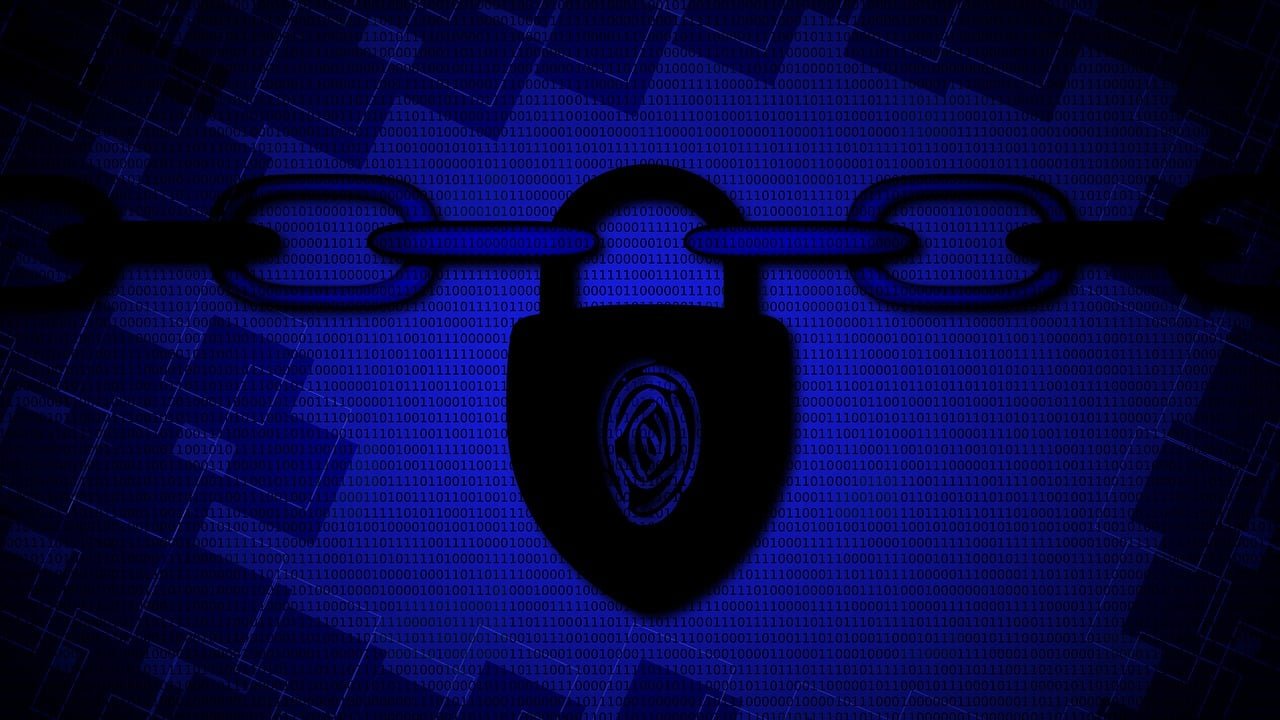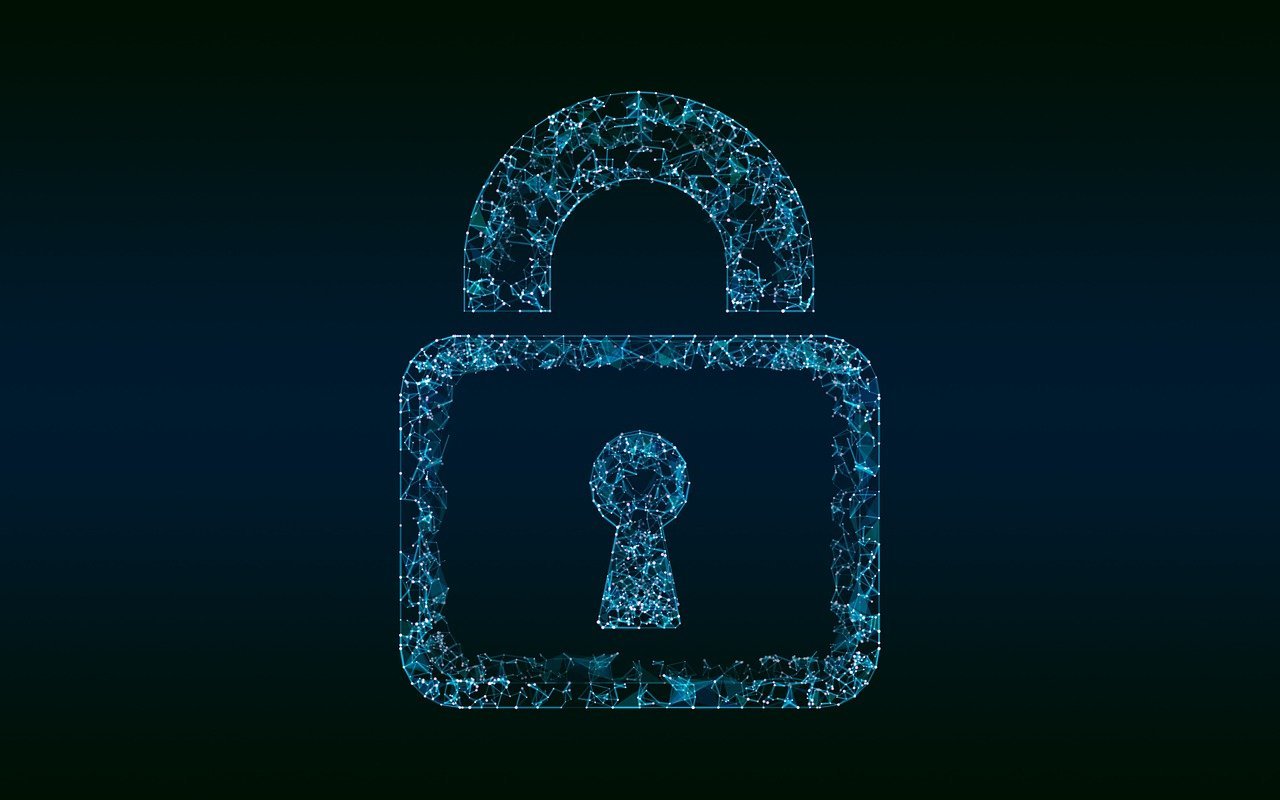Can you imagine a world where you can enjoy complete privacy while feeling entirely secure? It’s a compelling notion, especially in an era where digital privacy and security often feel like two sides of the same coin. Yet, the question arises: Can you truly experience one without the other, and what impact does this have on your everyday life, including those annoying privacy errors on Chrome?
Understanding Privacy and Security
At their core, privacy and security are intertwined concepts, but each serves a distinct purpose in your digital experience. While privacy focuses on protecting your personal data from unnecessary exposure, security involves safeguarding your data from unauthorized access or harm. Let’s dissect these concepts further to see how they interact and why separating them might seem challenging.
Privacy: Your Right to Keep Things Personal
Privacy in the digital realm is about keeping your personal information confidential. This encompasses everything from your emails and social media interactions to your browsing habits and financial records. In essence, privacy ensures that you have control over who sees your information and how it’s used.
Security: Protecting Your Data From Intruders
Security, on the other hand, acts as the shield that keeps your private data safe. It encompasses various techniques and technologies, such as firewalls, encryption, and strong passwords, to prevent unauthorized access. Security ensures that even if someone tries to snoop on your information, they won’t be able to access or alter it without permission.
The Interconnection of Privacy and Security
Without security, your privacy is vulnerable. Imagine leaving the front door to your house wide open—your home is no longer private, as anyone could enter freely. Similarly, in the digital world, without adequate security measures, your private data is exposed to potential threats. Thus, privacy and security are inherently linked, each reinforcing the other.
The Illusion of Privacy Without Security
The concept of having privacy without security can seem attractive at first. However, it’s crucial to understand why this might be more illusionary than practical. To better comprehend this, let’s explore several scenarios where the lack of security directly impacts your privacy.
The Myth of Offline Privacy
Some might argue that staying offline can protect your privacy without the need for digital security. However, this doesn’t account for physical threats, such as the theft of paper documents or unauthorized access to your computer at home. Even in an offline world, security gaps can threaten your personal privacy.
Weak Passwords: A Common Pitfall
One example of privacy being compromised due to a lack of security is the use of weak passwords. While you might wish for your accounts to remain private, using “123456” or “password” makes it all too easy for unwanted parties to gain access. Strengthening security by using robust, unique passwords ensures that your private accounts genuinely remain private.
Privacy Settings: Not a Cure-All
Relying solely on platform privacy settings without implementing security measures is another way your privacy can be compromised. Social media platforms offer privacy settings, but without strong security, such as two-factor authentication, these settings may not be sufficient to protect your data from breaches.

This image is property of pixabay.com.
The Balance Between Privacy and Security
Achieving a harmonious balance where both privacy and security work in tandem is essential for your peace of mind. Let’s dive into ways you can enhance your privacy while maintaining strong security protocols.
Encryption: A Double-Edged Sword
Encryption is a critical tool that offers both privacy and security. By encoding your data, encryption ensures that even if your data is intercepted, it remains unreadable to unauthorized users. Applications such as WhatsApp utilize end-to-end encryption to provide both privacy and security to communications.
Regular Software Updates
Keeping your software up-to-date is a simple yet effective way to maintain security and, by extension, your privacy. Updates often contain patches for recognized vulnerabilities, fortifying your devices against potential threats. Consistently updating software ensures that your private data remains protected against the latest cyber threats.
The Role of VPNs in Privacy and Security
Virtual Private Networks (VPNs) offer an additional layer of security by masking your IP address, thereby enhancing your privacy. By creating a secure, encrypted connection over the internet, VPNs prevent third parties from tracking your online activities.
Why Am I Suddenly Getting Privacy Errors on Chrome?
Getting a privacy error while using Chrome can be frustrating, especially when you’re eager to browse freely. Often, these errors are related to issues with security certificates, which are essential for maintaining a secure connection to websites. Let’s explore potential reasons and solutions for these pesky errors.
| Possible Cause | Explanation |
|---|---|
| Expired Security Certificate | Websites need a valid certificate to facilitate secure connections. |
| Incorrect Date and Time | Your system date and time might be incorrect, affecting certificate validation. |
| Antivirus Interference | Overzealous antivirus software may block secure connections erroneously. |
Solutions for Chrome Privacy Errors
If you’re encountering these errors, there are several steps you can take to diagnose and resolve the issue.
- Check Your System’s Date and Time: Ensure your device displays the correct date and time. An incorrect setting can cause certificate validation issues.
- Clear Your Browser’s Cache: Accumulated cache and cookies might impact your browser’s performance and cause errors. Clearing them can resolve this.
- Temporarily Disable Antivirus Software: If antivirus interference is suspected, try temporarily disabling it to see if the issue persists. Ensure you re-enable it afterward.
- Manually Proceed with Caution: If you trust the website and need to access it urgently, you may proceed manually. However, do this cautiously, as it might expose your data to potential risks.

This image is property of pixabay.com.
The Role of Trust in Digital Spaces
Trust is fundamental when navigating the digital landscape, impacting both your privacy and security. Trust is often established through the perceived reputation of platforms and websites, secure connections, and transparent data management practices.
Trustworthy Websites and Secure Connections
When you visit a website, you’re often looking for indicators, like a padlock icon or “https://”, which signal a secure connection. These symbols convey trust, showing that the site uses encryption to protect your data.
The Importance of Privacy Policies
Privacy policies serve as the blueprint showing how websites manage, store, and protect your data. Understanding these documents can help you make informed decisions about whom to trust with your information.
Navigating the Balance: Practical Tips
Juggling privacy and security can seem complex, but there are practical steps you can take to manage both effectively in your daily life.
Essential Tools and Practices
Here are some tools and practices to help you maintain strong privacy and security simultaneously:
- Use Multi-Factor Authentication: This adds an extra layer of security that protects your accounts beyond just your password.
- Install and Update Anti-Malware Software: Protect your devices from harmful programs that compromise your data.
- Regularly Monitor Your Accounts: Keep an eye on your financial statements and report suspicious activities promptly.
- Educate Yourself on Phishing Attacks: Being aware of common phishing techniques helps you avoid falling for them.

This image is property of pixabay.com.
Conclusion: The Inextricable Link Between Privacy and Security
The symbiotic relationship between privacy and security is undeniable. Attempting to separate the two would leave your data vulnerable and exposed. Hence, safeguarding your digital presence requires a balanced approach that incorporates both elements.
While it’s tempting to crave complete privacy without the hassle of security protocols, it’s the thoughtful integration of both that truly guards your personal data. Remember, technology is an ever-evolving field, and staying informed and adaptive remains your best defense in maintaining the perfect harmony between privacy and security in your digital life.


